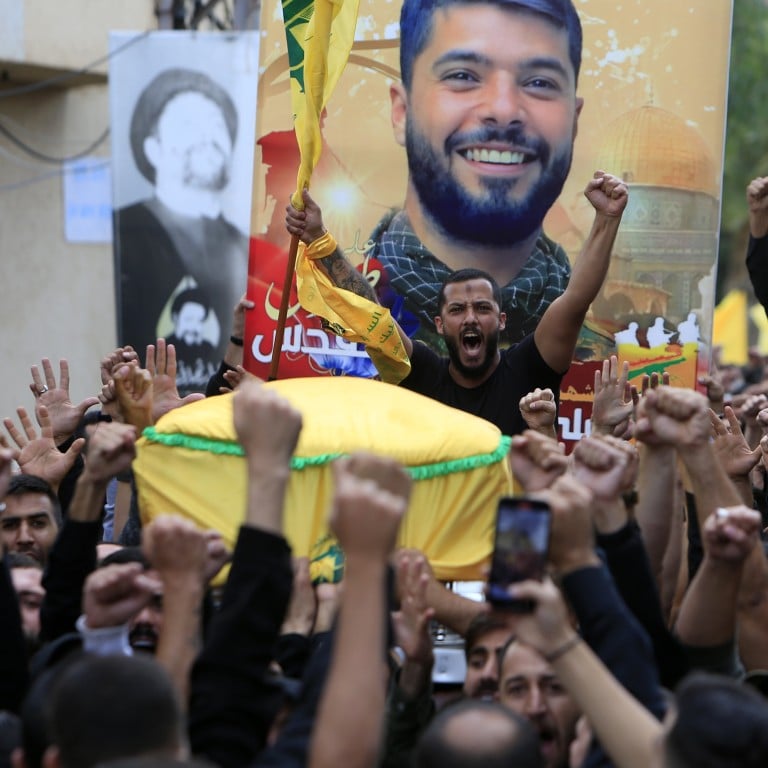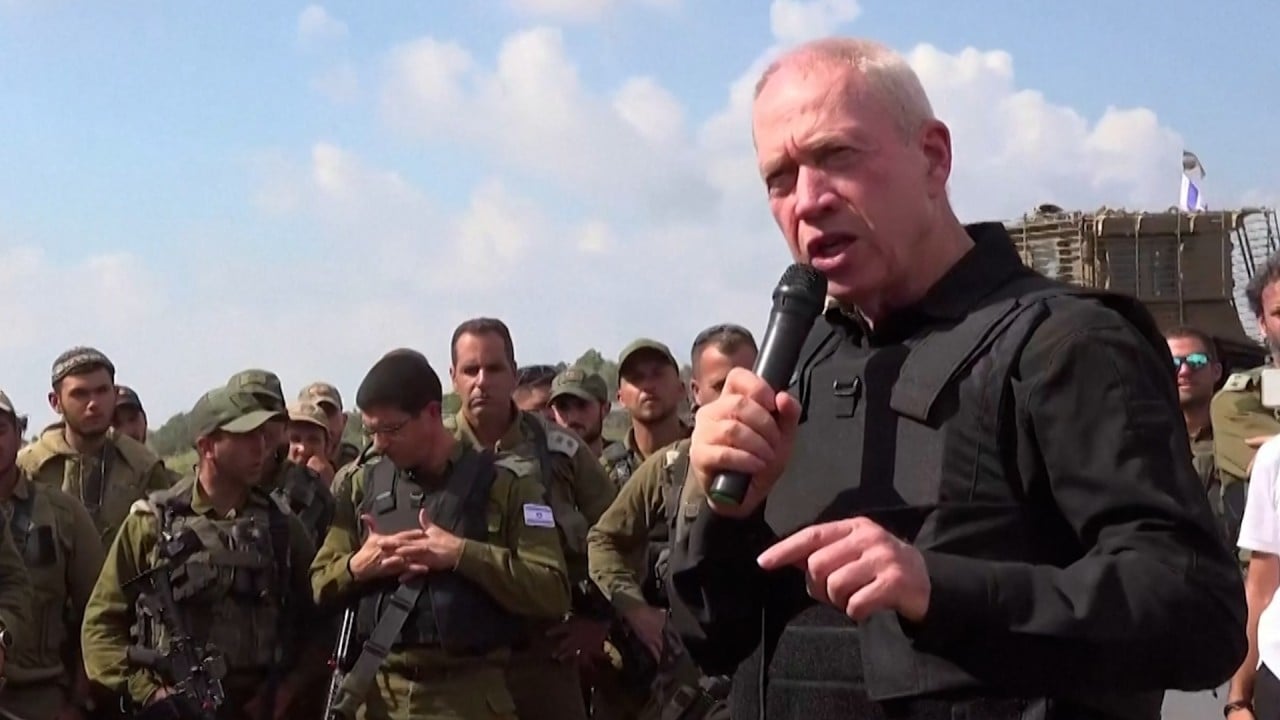
China’s Middle East envoy’s tour of region heightens focus on Beijing’s influence over Iran
- Beijing is not expected to play a major role in brokering a ceasefire, but it is one of the few countries that holds some sway over the Islamic Republic
- Diplomatic observers said it is not clear how far Beijing will be able to lean on Iran in an effort to stop the Israel-Gaza conflict escalating further
Diplomatic observers said China’s main interests in the region are economic and it is unlikely to play a significant role in mediating a ceasefire, but they noted it is one of the few countries that has some sway over Iran.
“Everybody here in the region is looking towards Iran and wondering what’s going to happen,” said Jonathan Fulton, a senior fellow for the Atlantic Council’s Middle East Programmes based in the United Arab Emirates.
“I think China’s one of the few great powers that can offer some positive incentives for Iran to keep the temperature down and I think that would be very consistent with China’s interest in the Middle East.”
Hamas leader Ismail Haniyeh and Iran’s Foreign Minister Hossein Amirabdollahian met in Qatar last Saturday, where they discussed the group’s attack on Israel and agreed to continue cooperation, according to the militant group.
Fulton said China is “really an economic actor” in the region, adding: “I don’t think any of the principal actors involved were were asking themselves, ‘what’s Beijing going to do in this case?’ Because ... its influence in this conflict is is really quite minimal.”
He added that the timing of Zhai’s visit – which only took place after the belt and road forum, an event marking the 10th anniversary of the infrastructure scheme – showed where Beijing’s priorities lay.
But he said the “most consequential” aspect of the trip would be if he could lean on Iran to “say do not activate these groups [Hamas and Hezbollah] to result in a bigger conflict”.
Netanyahu warns Iran, Hezbollah as stuck Gaza-Egypt border aid strains hospitals
“Whether or not Iran is susceptible to that, or those groups are susceptible to that. That remains to be seen,” Fulton added.
It remains uncertain whether Zhai will visit Iran or meet Iranian officials, as the foreign ministry did not announce details of the trip before he set off to the Middle East.
Hezbollah has not formally joined the war but has praised Hamas attack as a “large-scale, heroic operation”. On Thursday the Israeli defence forces said that clashes with Hezbollah along the Lebanese border have “significantly escalated”.
“If Hezbollah gets involved [in the Gaza war] or the war extends to Syria, escalating the situation, then Iran’s attitude and policy would become critical. The possibility [of Zhai visiting Iran] would also be very high,” Yan Wei, deputy director of the Institute of Middle Eastern studies at China’s Northwest University, said.
James M Dorsey, a senior fellow at the National University of Singapore’s Middle East Institute, said he expected the international community to keep an eye on “whether or not it tries to prevent an expansion of the war by pressuring Iran”.
“Just like there are not many countries that have any influence in Jerusalem, there aren’t many countries that have influence on Iran. But China is certainly one of them,” he said.
Chinese foreign minister Wang Yi called his Iranian counterpart a week after the war began, calling on all parties to “lower the temperature” and prevent harm to civilians.
Hezbollah and Hamas claim attacks on Israel from Lebanon
Dorsey said the more assertive response from Iran after their call suggested that “if they have tried to moderate the Iranian position, they haven’t been successful”.
Looking at Zhai’s upcoming mission, “it would be very telling if he does not go to Iran,” he said, as that would mean China missing “the only place where it has competitive edge in terms of influence”.
Jean-Loup Samaan, a senior research fellow at the Middle East Institute of the National University of Singapore, said it is in China’s interest to prevent Iran and its non-state partners from getting into the conflict.
But he added that “beyond diplomatic calls for restraint and de-escalation, China does not appear for the moment to look for a greater role”.
“Iran has a strong influence on Hezbollah’s chain of command and political leadership … so we can assume that a decision by Hezbollah to intervene, or not, in the Gaza war would be made in close consultation with Iran,” he said.
He also said that given China’s economic interest in the region, “we can only assume that it is in China’s interest to prevent Iran or its non-state partners getting into the conflict”.
“However, I don’t think China has really any influence on that,” Samaan added. “Those are decisions made by the Islamic Revolutionary Guard Corps and the leadership of Hezbollah and they are unlikely to be pressured by China.”



